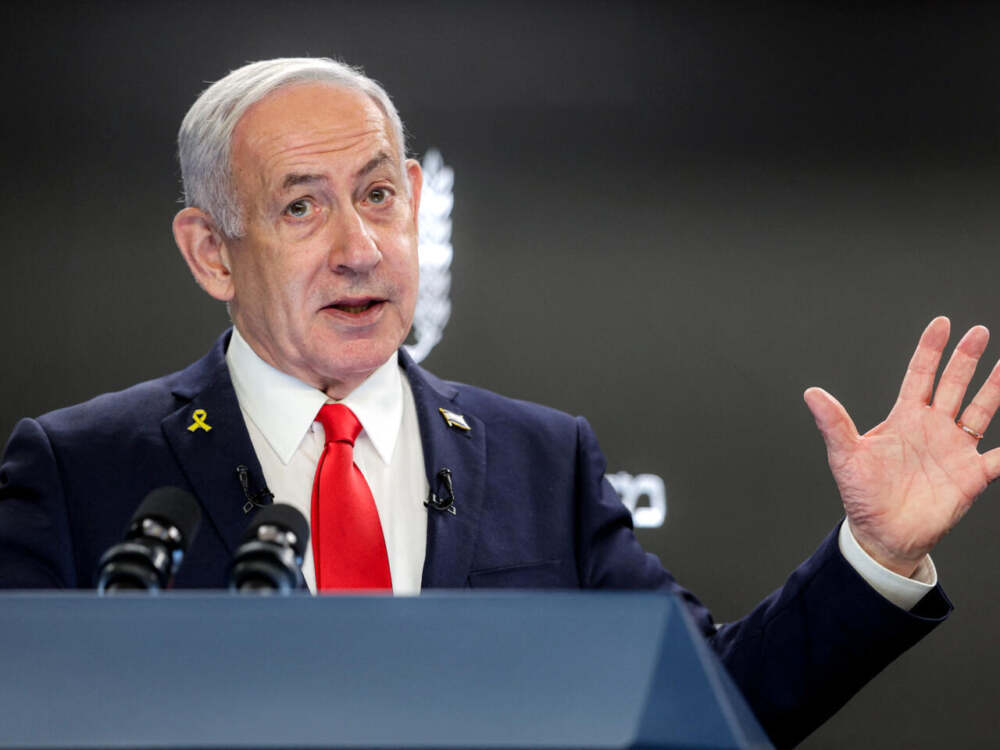New York / Gaza — Israeli Prime Minister Benjamin Netanyahu used his address at the United Nations General Assembly to double down on Israel’s military campaign in Gaza, declaring that his country must “finish the job” against Hamas. His remarks sparked strong reactions inside the hall, where dozens of delegates walked out in protest while others stayed to applaud.
Defiance Amid Diplomatic Pressure
Netanyahu framed Israel’s offensive as a fight for survival, dismissing growing calls for a ceasefire and criticizing nations that have recently recognized Palestinian statehood. He argued that such recognition sends a dangerous message to militants, accusing Western governments of effectively rewarding terrorism.
The prime minister also addressed the fate of hostages still held in Gaza, insisting that their rescue remains a top priority. Reports indicate that his speech was even broadcast into the enclave through seized communication channels, in a symbolic move meant to reach those captives directly.
Gaza’s Struggle for Survival
While Netanyahu defended Israel’s actions, the humanitarian situation in Gaza has deteriorated to alarming levels. Aid agencies report that food, water, and medical supplies are critically scarce, especially in the north where supply routes have been repeatedly blocked. Families are rationing whatever little they have, with markets nearly empty and prices soaring.
Hospitals and malnutrition centers are shutting down due to lack of fuel and medicine, leaving thousands of patients without care. International organizations warn that famine-like conditions are emerging, with nearly half of humanitarian convoys denied permission to deliver aid.
Rising Diplomatic Tensions
The speech underscored Israel’s growing isolation on the world stage. In recent weeks, more countries have formally recognized a Palestinian state, deepening the rift between Israel and many of its allies. Netanyahu lashed out at these moves, describing them as both reckless and harmful to peace.
Legal pressures are also mounting. Netanyahu faces an arrest warrant from the International Criminal Court, which accuses him of war crimes tied to the Gaza conflict. Though he dismissed the charges, the issue casts a shadow over Israel’s leadership in international forums.
What Lies Ahead
The Gaza war shows no sign of slowing. Israel has intensified its offensive in urban strongholds, claiming Hamas fighters are now cornered into shrinking pockets of resistance. Yet the human cost continues to climb, with tens of thousands of Palestinians killed and hundreds of thousands displaced.
Diplomatically, the divide is widening: while Israel vows to press on, many nations are pushing for recognition of Palestinian sovereignty and an immediate ceasefire. For Gaza’s civilians, survival remains the urgent concern, as aid remains blocked and the humanitarian crisis edges toward catastrophe.
The coming weeks may prove decisive — either cementing Israel’s course of military escalation or forcing a shift through international pressure. For now, the conflict is locked between battlefield realities and the battle for legitimacy at the world’s highest stage.
















Leave a Reply